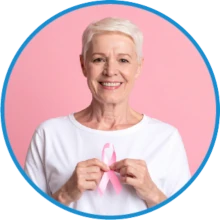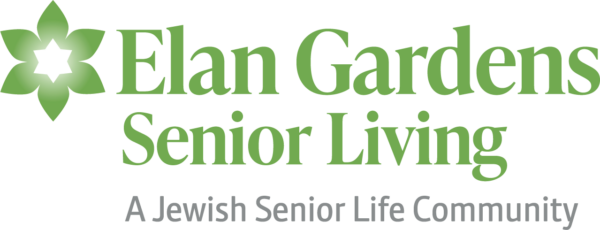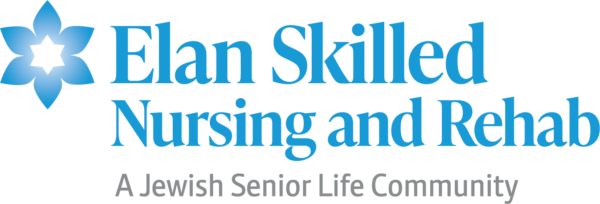October is Breast Cancer Awareness Month
Breast Cancer Prevention Strategies for Seniors

Breast cancer can be a significant health concern for seniors, as the risk of developing breast cancer increases with age. It is critical for older adults to get informed about breast cancer and take proactive steps to prevent and detect it early. October is Breast Cancer Awareness Month, and in this month’s blog we explore tips for seniors on breast cancer awareness, prevention, and strategies for early detection.
Understanding Breast Cancer
Breast cancer occurs when cells in the breast grow uncontrollably, forming a tumor. While it can affect individuals of any age, the risk increases significantly for women over 50. Understanding the risk factors, symptoms, and the importance of regular screenings can aid in early detection and improve outcomes.
Risk Factors
Some risk factors associated with breast cancer include:
- Age: The risk increases with age, particularly for women over 50
- Family History: A history of breast cancer in close relatives can increase risk
- Genetic Mutations: Mutations in genes such as BRCA1 and BRCA2 can elevate risk
- Hormonal Factors: Long-term exposure to estrogen, such as from hormone replacement therapy, can increase risk
- Lifestyle Factors: Smoking, excessive alcohol consumption, obesity, and lack of physical activity are associated with higher risk levels
Symptoms to Watch For
Early detection of breast cancer significantly improves treatment outcomes. It is important for seniors to be aware of the symptoms, which include:
- A new lump or mass in the breast or underarm
- Changes in breast size, shape, or appearance
- Skin changes, such as dimpling or redness
- Nipple discharge or inversion
- Persistent pain in the breast area
Breast Cancer Prevention Strategies
While some risk factors such as age and genetics cannot be changed, seniors can take active steps to reduce their risk of breast cancer:
Healthy Lifestyle Choices
- Maintain a Healthy Weight: Obesity increases the risk of breast cancer, so it is important to maintain a healthy weight through diet and exercise.
- Stay Physically Active: Regular physical activity can help lower the risk. Aim for at least 150 minutes of moderate exercise per week.
- Limit Alcohol Consumption: Reducing alcohol intake can decrease the risk of breast cancer.
- Quit Smoking: Smoking is linked to a higher risk of breast cancer, so quitting is a beneficial preventive measure.
Regular Screenings
Early detection through regular screenings can save lives. Seniors should adhere to the following screening recommendations:
- Mammograms: Women over 50 should have a mammogram every 1 to 2 years. Discuss with a healthcare provider to determine the best schedule.
- Clinical Breast Exams: Regular exams by a healthcare professional can help detect abnormalities early.
- Self-Exams: Although not a substitute for professional screenings, being familiar with the normal look and feel of your breasts can help identify changes.
Breast cancer awareness and prevention are crucial for seniors, given the increased risk with age. By understanding risk factors, recognizing symptoms, and engaging in preventive measures, older adults can take control of their breast health. Regular screenings and healthy lifestyle choices are key components in reducing the risk and ensuring early detection, ultimately improving treatment outcomes and quality of life.
 Dr. Ken Sebastianelli has served as Medical Director for Elan Skilled Nursing and Rehab, a Jewish Senior Life Community, since 2012. Dr. Sebastianelli is a board-certified Internal Medicine practitioner with Prime Med Medical Group, and is affiliated with Geisinger Community Medical Center and Moses Taylor Hospital. He is also a member of the Medical Executive Committee at Geisinger Community Medical Center.
Dr. Ken Sebastianelli has served as Medical Director for Elan Skilled Nursing and Rehab, a Jewish Senior Life Community, since 2012. Dr. Sebastianelli is a board-certified Internal Medicine practitioner with Prime Med Medical Group, and is affiliated with Geisinger Community Medical Center and Moses Taylor Hospital. He is also a member of the Medical Executive Committee at Geisinger Community Medical Center.





